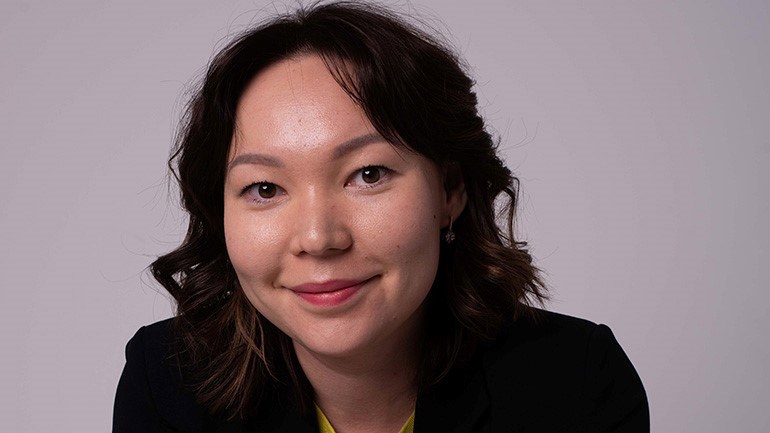FACULTY OF CULTURE AND SOCIETY | Seminar
Sofya du Boulay: Mythmaking, Mega-events, and Coercion
Tuesday 13 May, 15:15 - 17:00
Hybrid meeting, join on Zoom
Seminar room 9th floor, Niagara.

Mythmaking, Mega-events, and Coercion: Autocratic Legitimation in Kazakhstan and Azerbaijan
Speaker
Dr. Sofya du Boulay is an authoritarian politics scholar with a special interest in Central Asia and Caucasus, she is currently a visiting fellow at the University of Sussex. Published on politics of succession, legitimation, post-Soviet legacy in Communist and Post-Communist-Studies and Problems of Post-Communism. She has worked for various international organizations including the Norwegian Helsinki Committee, the UN Population Fund, and the UN Economic Commission for Europe and is passionate about research community building: USTA Mentorship Program.
Abstract
What constitutes legitimate order in modern autocracies? This research argues that the persistence of autocratic domination evolves beyond simple mechanisms of repression but represents a dynamic process of nurturing public consent and imitating socioeconomic progress. It explores why and how the autocratic regimes in Kazakhstan and Azerbaijan are remarkably resilient, despite domestic policy failures, mass protests, and suffocating geopolitical alliances.
The stabilisation mechanisms of autocratic self-justification
Drawing on comparative political analysis, this study analyses the stabilisation mechanisms of autocratic self-justification through three complementary sources: discourses, spectacles, and repression. Input discourses serve as a coherent body of political arguments, normalising official narratives about the suitability of existing authority structures and state-building processes. To maintain power, modern autocracies need to adapt to global norms and spectacles. Kazakhstan and Azerbaijan host mega-events to increase their international recognition, exercising a balancing act between inherent political vulnerability and stability.
Document analysis and sixty expert interviews
Mega-events satisfy elite ambitions to reinvent and promote national identity under increased media exposure. Coercion prevents the opposition from rebelling against those in power, ensuring regime survival once discourses and spectacles are unavailable as alternative sources of legitimation. Through document analysis and sixty expert interviews collected in Baku, Astana, and Almaty this work traces the evolution of regime practices, actors, and events involved in formulating the right to rule in Kazakhstan and Azerbaijan between 1991 and 2022.
